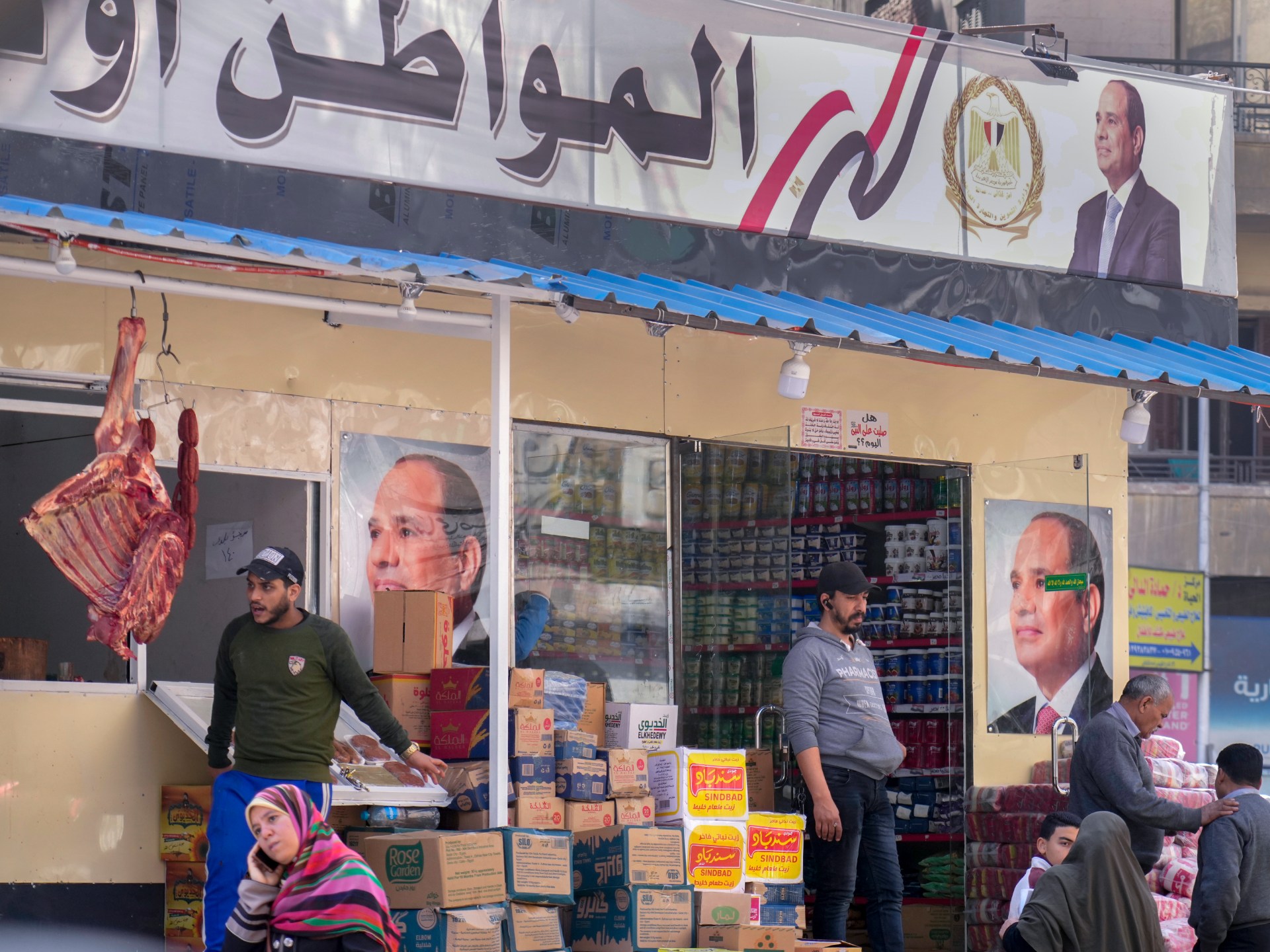
Iran says the main message of the president’s visit is to stand against Western imperialism.
Tehran, Iran – Iranian President Ibrahim Raisi has begun a three-nation tour of South America aimed at strengthening political and economic ties with allies opposed to Western rule.
The president left Tehran early Monday morning and is expected to make a state visit to Venezuela, Cuba and Nicaragua, all countries sanctioned by the United States.
Iran’s state media said the five-day visit will begin with a visit to Venezuela. This is Raisi’s 13th foreign trip in 21 months after becoming president.
The President is accompanied by his Ministers of Foreign Affairs, Petroleum, Defense and Health and his Chief of Staff and Deputies for Political Affairs.
“The relations between the Islamic Republic of Iran and the independent countries of Latin America are strategic. Our position and that of these three countries is to stand against imperialism and unilateralism,” Raisi said before leaving.
Of Raisi’s three destinations, Iran enjoys the closest ties to Venezuela.
During Venezuelan President Nicolas Maduro’s visit to Tehran last year, when he met with Supreme Leader Ayatollah Ali Khamenei, the two countries signed a 20-year cooperation plan they said would take bilateral relations to a “strategic” level.
Over the past three years, Iran has significantly increased its energy cooperation with Caracas, among other things, to repair and overhaul Venezuelan refineries and send shipments of heavy crude to help Venezuela increase oil and gas production.
The two countries aim to increase cooperation in agriculture, science and technology, shipping, automotive and tourism sectors besides increasing flights and strengthening cultural ties.
Raisi’s visit comes a week after Maduro arrived in Saudi Arabia for a high-level visit as Riyadh reshuffled the alliance without the blessing of its longtime ally the United States.
Iran and Saudi Arabia agreed to restore diplomatic ties in a China-brokered deal in March, which also paved the way for a deal with the Iran-backed Houthis in Yemen and Syrian President Bashar al-Assad’s return to the Arab League.
Tehran’s most notable recent collaboration with Cuba came when the two worked together to organize a production line for a COVID-19 vaccine in Havana, Iran.
Last month, a Cuban delegation was in Tehran and signed 13 agreements that Iranian officials said included cooperation in biotechnology, health care, trade, banking, agriculture and sports.
Like Iran, Nicaragua has become increasingly targeted by US and European sanctions following a government crackdown on protests in 2018, and Managua has been sympathetic to Beijing by recognizing China’s rights over Taiwan.
According to the Iranian government’s official news agency IRNA, Raisi aims to follow up on previously signed agreements and discuss the development of new cooperation roadmaps.
“The choice of Venezuela, Nicaragua and Cuba as our president’s first destinations for a Latin American tour is no accident, and in the transition to a multilateral era, it is true that the names of these countries line the list of governments opposed to US hegemony. Most out,” it said.
Source link




